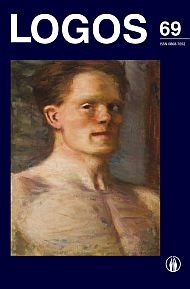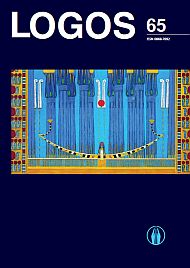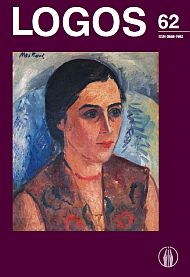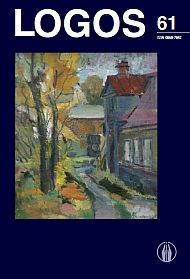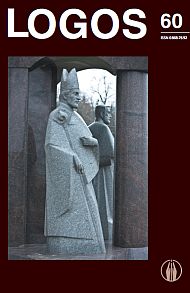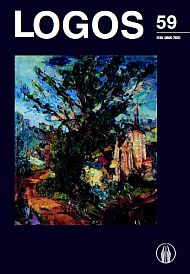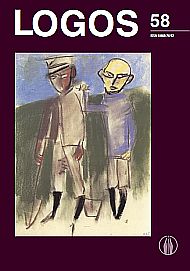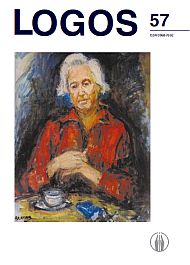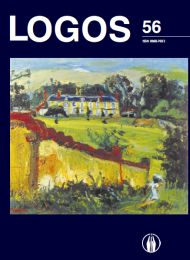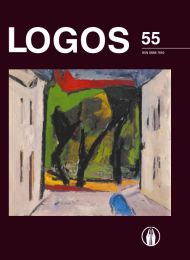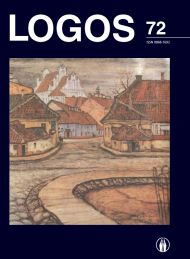
Faidonas: Filosofavimas Kaip „Antrasis Plaukimas“
This article continues my analysis and interpretation of Phaedo’s arguments for the soul’s immortality. However, the article begins with the analysis of a counterargument, i.e. with the analysis of Platonic criticism of the view that the soul is a harmony. While the criticism stands in disarray with the overall context of the dialogue, it is assumed that Plato’s tries to discredit an aspect of the traditional concept of the soul, which is not consistent with his concept of the soul as the subject of ethical thinking. It shown in the analysis of the ontological argument for the soul’s immortality that Plato takes into account a new cognitive pattern of the previously modified subject of philosophizing and identifies ontological entities which are alternative to those that are supposed by the ontology of daily thinking. The new ontological items – invisible entities – are then used as underlying assumptions of the axiological argument for the soul’s immortality. It is supposed that the main goal of this argument is to shape the new way of philosophizing that is presupposed by the modified concept of the soul. Plato criticizes a previous spontaneous or uncontrolled way of philosophizing and offers an alternative to it – the so called „second voyage”, which presumes the possibility of managing the direction of thinking by way of a conscious choice of initial assumptions and by the consequent logical reasoning of their conclusions. It is demonstrated that the “second voyage” or “vertical” cognitive strategy exploits mathematical thinking skills and that it should be treated as a way to isolate philosophizing from the contents of daily thinking and as the way to concentrate on the formal aspect of philosophizing, namely, on theoretical thinking. Whereas Phaedo ends with Plato’s rephrased myth about Hades, the article concludes with the consideration of the ethical intentions of the dialogue. It is shown that inevitable court procedure and the hierarchical topology of Hades are the guarantees of Justice, which in turn is one of the obligatory assumptions of ethical behavior.
More...

